
The European Commission (EC) wants to increase the minimum excise duty on cigarettes to €3.60 ($3.77) from €1.80 per pack of 20 and introduce a bloc-wide vaping levy, reports the Financial Times, citing a draft EC document.
If enacted, the legislation would double cigarette excise duties in EU member states with low cigarette taxes. In some eastern European nations, cigarette packs currently sell for under €3. Excise duties on cigarettes would also increase considerably in countries such as Austria and Luxembourg where prices are low relative to income. The tax rise on cigarettes is expected to generate an extra €9.3 billion for EU member states.
The update to the 2011 EU tobacco taxation directive will also bring the taxation of electronic nicotine-delivery systems into line with cigarettes. Stronger vaping products would have an excise duty of at least 40 percent applied to them while lower strength vapes will face a 20 percent duty. Heated-tobacco products will also be hit by 55 percent duty, or a tax rate of €91 per 1,000 items sold.
Rob Branston, senior lecturer in business economics and a member of the University of Bath’s Tobacco Control Research Group, told the Financial Times that the tax regime update was “long overdue” to increase prices in countries where cigarettes were “too cheap” and to catch up with inflation.
But Peter van der Mark, secretary-general of the European Smoking Tobacco Association, warned that a sudden steep increase in tax rates would likely boost illicit tobacco sales.
Dustin Dahlmann, president of the Independent European Vape Alliance, said that imposing taxes on novel tobacco products could lead to “the much less harmful alternatives” to smoking being “taxed far too heavily in many countries.”
The proposal will have to be agreed on by all EU member states before it is enshrined in law. BAT stressed that the EC draft proposal was “the beginning of a long legislative process.”


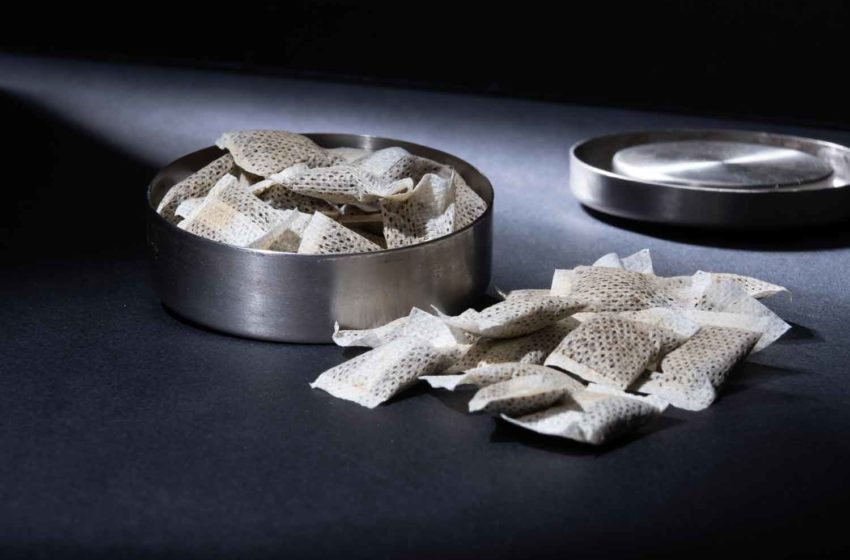
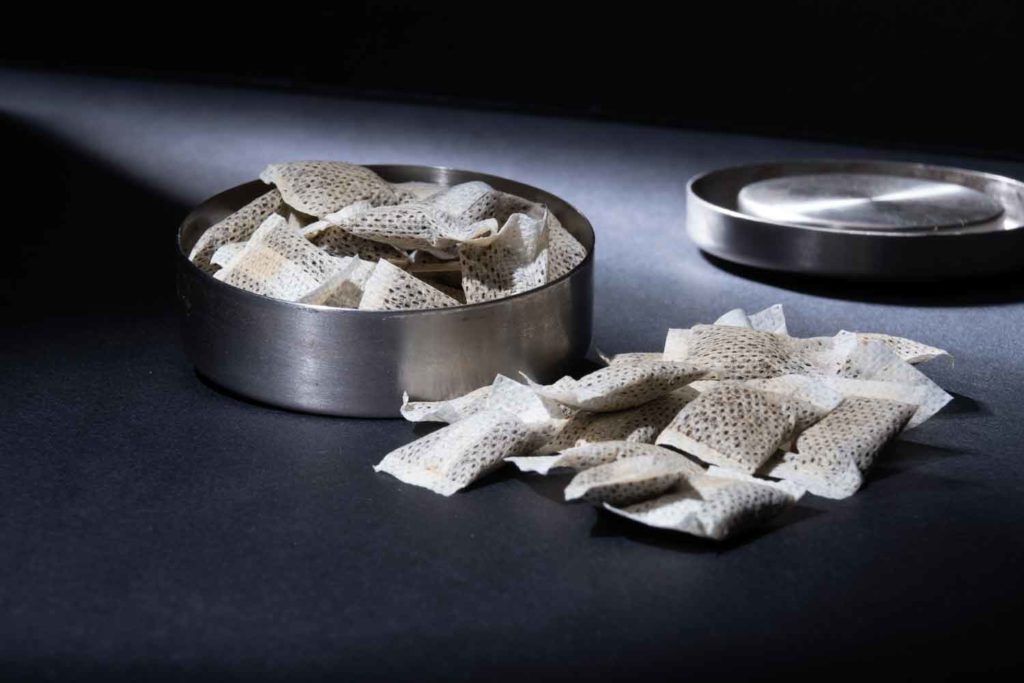



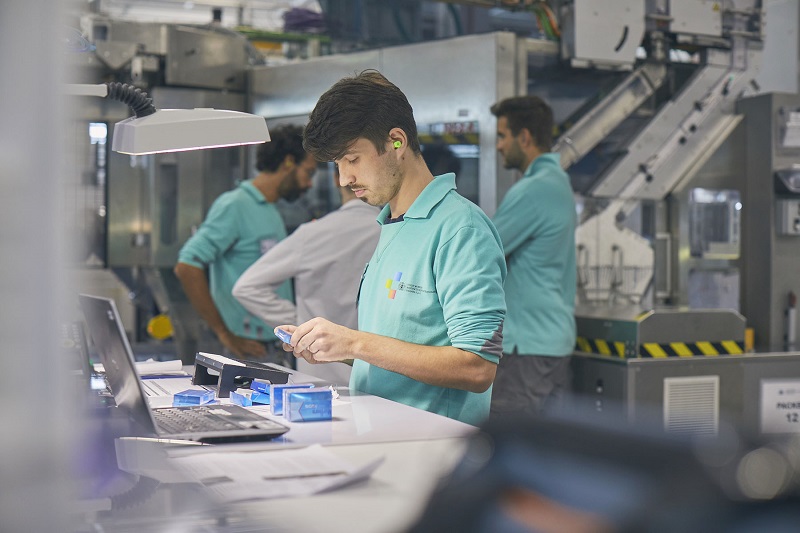

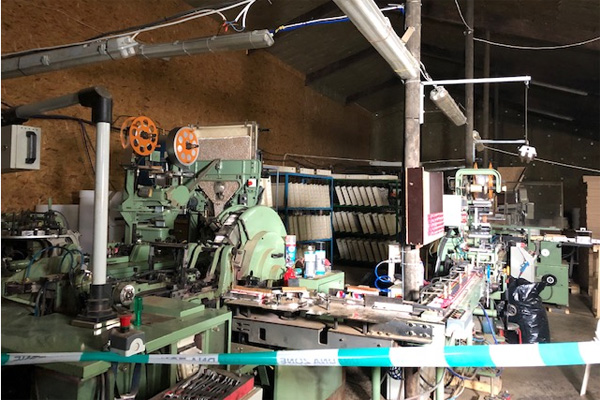








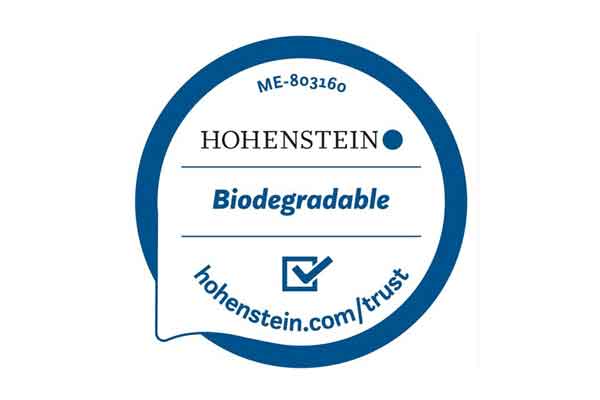
 Greenbutts has received the Hohenstein Quality Label for a novel biodegradable filter technology designed to replace the most littered single-use plastic item—cigarette filters.
Greenbutts has received the Hohenstein Quality Label for a novel biodegradable filter technology designed to replace the most littered single-use plastic item—cigarette filters.